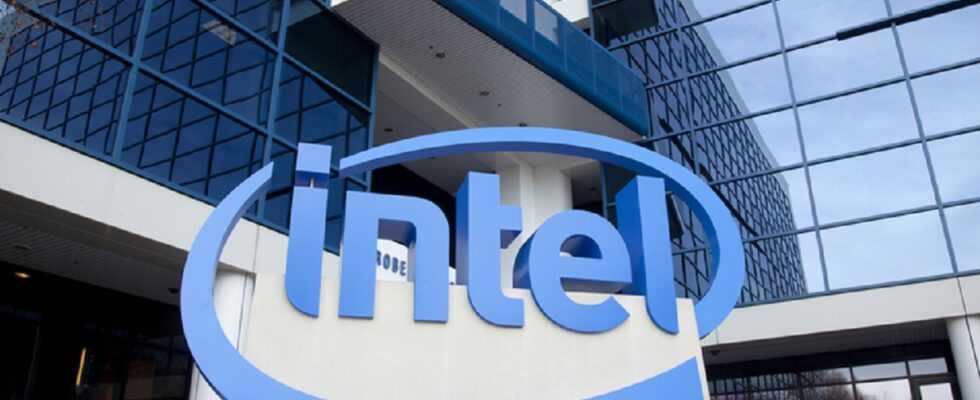Intel boss Pat Gelsinger said global chip shortages will remain a challenge for the industry until at least 2024, especially in areas such as foundry capacity and tool availability. The manager, however, believes that Intel is in a “good position” to manage the constraints resulting from this shortage.
“Following our announcements in Arizona, New Mexico and Ohio, we recently announced a series of investments in Europe, covering our existing operations as well as our new investments in France and Germany”, argues the CEO of the American founder. “These investments allow Intel to accommodate future growth and represent an important step toward our goal of having half of the world’s semiconductor production in the United States and Europe.”
Last September, Intel management announced an investment of up to 80 billion euros over the next decade to create a “mega” chip fab in Europe, after paying 7 billion euros to double the capacity. from its factory in Ireland. For Pat Gelsinger, the current lockdowns in Shanghai (linked to the Covid-19 epidemic) and the Russian invasion of Ukraine have demonstrated the need to promote “more resilient and more geographically balanced semiconductor manufacturing”, to especially since semiconductors will tomorrow be the “fuel of innovation and transformation”.
Washington to the rescue?
“I continue to believe that we are only at the beginning of a long-term growth cycle for semiconductors,” said the leader. “We continue to see some assortment limitations in areas such as Ethernet, some slowdown in low-end consumer PCs, and some inventory adjustments, as discussed on our last call. but overall, customer demand signals continue to be robust in areas such as enterprise, cloud, AI, graphics and networking.”
Still, the public authorities have a role to play in the return to normal on the supply chains, believes the boss of Intel. The latter notes that the pace at which the company realizes its expansion plans will depend on the adoption, across the Atlantic, of the CHIPS law (Creating Helpful Incentives to Produce Semiconductors). If passed, this law will unlock $52 billion in funding for US semiconductor production. As a reminder, this investment is part of a larger package of around $250 billion covering activities ranging from artificial intelligence to quantum communications, called the “US Innovation and Competition Act”.
This historic bill has so far received the green light from the United States Senate and House of Representatives. It must now be debated by both chambers before being sent to the White House to be signed by the president.
Source: ZDNet.com
